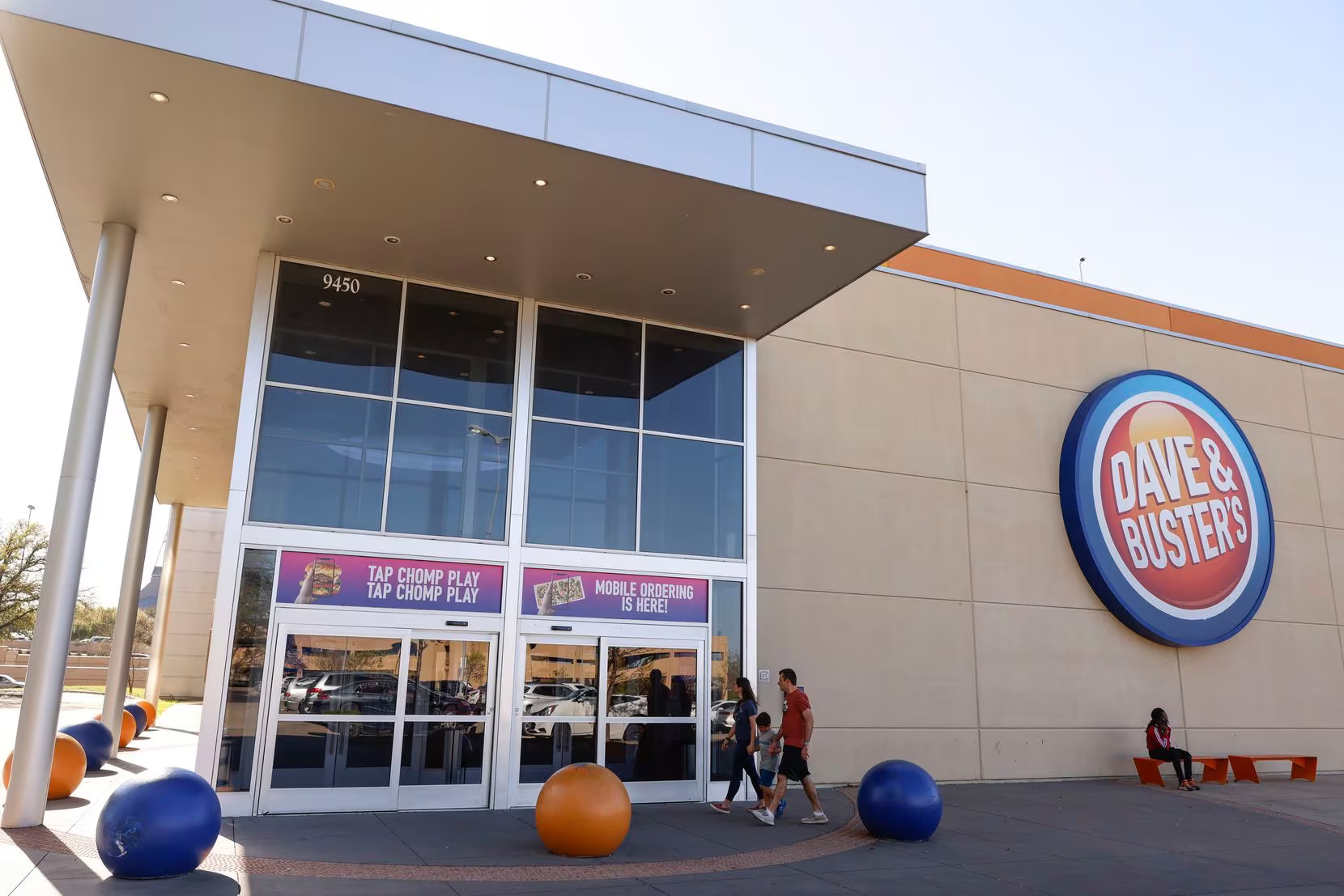Today’s News

Image Source: The Dallas Morning News
Companies with lower credit ratings are racing to reduce their borrowing costs even before any potential Federal Reserve interest-rate cuts. Notably, entities like SeaWorld Entertainment and Dave & Buster’s have sought to lower interest rates on approximately USD 62 billion in sub-investment grade loans in January, marking the highest monthly total in three years according to PitchBook LCD.
This trend stems from a broad rally in stocks and bonds that commenced late last year, fueled by growing investor optimism that the prolonged era of high inflation was concluding without any immediate signs of an impending recession. The surge in prices of leveraged loans, commonly used in private-equity buyouts, is particularly noteworthy due to a reduction in new loans entering the market amid a slowdown in such deals.
The enthusiasm has reached a point where investors are willing to accept lower rates on some of their loans, and businesses are capitalizing on this by taking advantage of easily refinancable loan terms issued just months prior.
Kevin Loome, a high-yield portfolio manager at T. Rowe Price, observes, “It’s a sign of strength in the market that the issuers are able to do it.”
This wave of rate adjustments, referred to as repricings on Wall Street, underscores that the Fed’s anti-inflation efforts haven’t hit heavily indebted companies as hard as initially feared.
Leveraged loan interest rates, variable and tied to those set by the Fed, initially raised concerns that heavily borrowed companies would face trouble once rates started surging. However, the end of 2023 saw the loan default rate comfortably below its historical average. Companies have extended debt maturities by replacing older debt with new bonds or loans, and now many are further reducing their interest costs.
Rate reductions vary in size; for instance, Car-battery manufacturer Clarios reduced the spread of a 2.7 billion loan by 0.75 percentage points, promising over USD 20 million in annual savings.
SeaWorld and Dave & Buster’s reduced the spreads on their loans by 0.5 percentage points, while other companies have achieved more modest 0.25 percentage point cuts. Overall, investors have greenlit rate reductions for around USD 35 billion in loans this month, with an additional USD 27 billion awaiting approval.
Repricing waves typically occur when loans trade above their face value in the secondary market, signaling to companies that investors are willing to accept a lower return on their debt. The share of loans trading at or above par reached over 40% early this year, up from 5% at the end of October.

Image Source: Wall Street Journal
Despite the recent surge in corporate loan repricings, questions arise regarding the future investment landscape. Low-rated corporate loans and bonds present a dilemma like stocks, as the economic outlook improves but matching previous years’ returns become challenging after the recent market rally.
Some investors suggest that debt, particularly in a higher interest rate environment, might become a more appealing alternative to stocks in the coming years. The average yield of sub-investment-grade bonds hovers around 8%, approximately 2 percentage points higher than the seven years before the Covid-19 pandemic. However, the extra yield above U.S. Treasurys is only about 3.4 percentage points, on the lower end of its pre-pandemic range.
David Albrycht, Chief Investment Officer at Newfleet Asset Management, notes the recent compression in yields between higher- and lower-rated debt. While portfolio managers aim for safety in their fixed-income portfolios, they may add risk in a selloff. Floating-rate loans might be appealing relative to fixed-rate bonds if the Fed delays rate cuts longer than the market expects.
Loome from T. Rowe Price acknowledges the attractiveness of current yields, even though there is a modest gap compared to Treasury yields. He said, “I would fully admit that there’s almost no price appreciation available this year. But if you can clip 8%, and you’re pretty good at credit selection and you avoid troubled credits—8% is a pretty good return.”
Other News
Buffett Encourages Citigroup Overhaul Plans
Warren Buffett, following a recent lunch with Citigroup CEO Jane Fraser, gave his support to her ongoing efforts to streamline the bank. Fraser, orchestrating Citi’s major revamp, hinted at more details in a recent call with managing directors.
Top Hedge Funds Hit Record Profits in 2023
The top 20 hedge funds saw their biggest-ever profits in 2023, reaching USD 67 billion, driven by successful stock market bets. Standout performers include TCI, Citadel, and Viking, with multi-strategy firms Millennium and DE Shaw also posting strong gains.
Top Hedge Funds Hit Record Profits in 2023
The top 20 hedge funds saw their biggest-ever profits in 2023, reaching USD 67 billion, driven by successful stock market bets. Standout performers include TCI, Citadel, and Viking, with multi-strategy firms Millennium and DE Shaw also posting strong gains.